Future of Technology: What to Expect in 2023 and Beyond
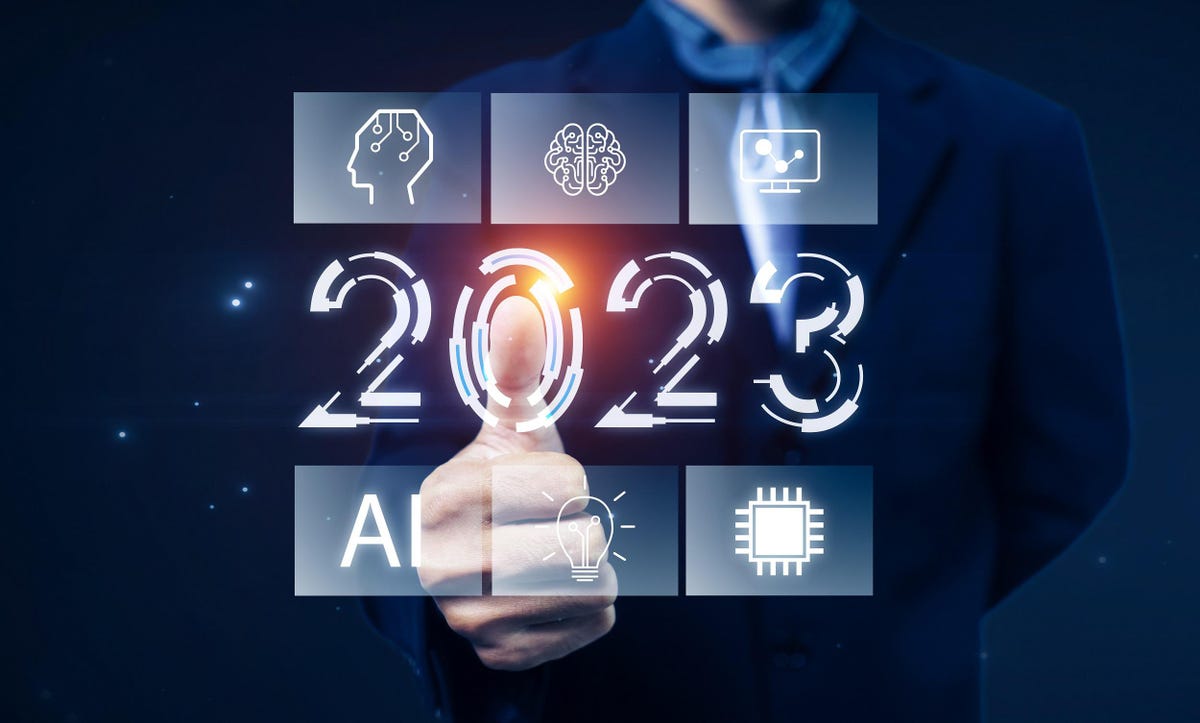
What to Expect in 2023 and Beyond
In 2023, we can expect to see major advances in self-driving cars, augmented reality, robotics, and other areas of technology. Self-driving cars could make roads safer, augmented reality could allow us to interact with the world around us in a completely new way, and robotics could improve medical care and manufacturing. Meanwhile, artificial intelligence could transform our daily lives and pose new ethical challenges. We can only imagine what the future of technology holds. Self-driving cars could make driving more convenient and reduce the number of accidents attributed to human error. They could also increase car-sharing, reduce the costs of car ownership, and make it easier for people who can’t drive due to health reasons. Augmented reality could allow us to interact with the world around us in a completely new way. Imagine walking down the street and looking at a building and being able to see inside that building as if it were open. Experts say that augmented reality could transform many aspects of our daily lives, including education, entertainment, and healthcare. Robotics could improve medical care and manufacturing. Robot-assisted surgery is already being used in some procedures, and in the future, robots might be able to perform more complex surgeries. Meanwhile, robots might also be able to perform some tasks in manufacturing that are dangerous for humans to do.
A. Self-Driving Cars
Accidents caused by human error account for a large number of car crash fatalities. Self-driving cars could make driving more convenient and reduce the number of accidents attributed to human error. In the future, we might not even own our cars but instead, hail them much like an Uber. Self-driving cars could also be used to transport people who can’t drive due to health reasons. Self-driving cars are likely to be integrated with other new technologies as well, such as sensors that allow vehicles to communicate with each other. There is some concern, however, that autonomous vehicles might not be as safe as people think. A study found that people who have ridden in autonomous vehicles are more likely to believe that such vehicles are safer than cars driven by humans. However, this is not the case. Self-driving cars may be less likely to make mistakes than humans, but they are not infallible. They are still susceptible to cyberattacks and other hazards.
B. Augmented Reality
Augmented reality could allow us to interact with the world around us in a completely new way. Imagine walking down the street and looking at a building and being able to see inside that building as if it were open. Imagine being able to view historical events as if you were there or having a doctor show you the precise location of an injury. Experts say that augmented reality could transform many aspects of our daily lives, including education, entertainment, and healthcare. For example, augmented reality could allow people who are visually impaired to view and interact with the world around them. It might also be used to help students learn through virtual reality. For example, a student could walk through a mockup of a building to see how the building is actually designed. Similarly, augmented reality could be used to help doctors view and interact with medical imaging to make diagnoses. For example, a doctor could use augmented reality to superimpose a CT scan on the patient to see exactly where the tumor is and what is blocking its progress.
C. Robotics
Robotics could improve medical care and manufacturing. Robot-assisted surgery is already being used in some procedures, and in the future, robots might be able to perform more complex surgeries. Meanwhile, robots might also be able to perform some tasks in manufacturing that are dangerous for humans to do. For example, companies are creating robots that can clean up oil spills. These robots could be deployed to clean up spills at sea. Robotics could also be used to help care for people who are elderly or have a disability. For example, robots might be able to bring medication, food, or water to a person or encourage that person to stay active. Robots might even be able to provide emotional support to people. In the future, robots might even be able to give emotional support to people who are grieving by providing random kindness, such as a hug or listening ear.
D. Artificial Intelligence
Artificial intelligence could transform our daily lives and pose new ethical challenges. AI has been used to create helpful technologies such as self-driving cars and automated customer support. It has also been used to create malicious software such as malware designed to steal information from computers and social media accounts. In the future, AI could be used to create robots that could replace human jobs and possibly even be used in warfare. For example, autonomous weapons are being developed that could make decisions without human input. These weapons could be used to kill without any human being involved. AI is also being used to create fake audio and video, which could be used to alter history. For example, a video could show a president doing something that never happened. AI could also be used to manipulate people by creating fake news. For example, a news article could be created about a completely made-up situation.
Conclusion: Exciting Future of Technology
The future of technology promises to be an exciting one. In 2023 and beyond, we can expect to see major advances in self-driving cars, augmented reality, robotics, and other areas of technology. Self-driving cars could make driving more convenient, reduce the number of accidents on the road, and allow people who can’t drive due to health reasons to get around. Augmented reality could allow us to interact with the world around us in a completely new way. Meanwhile, robotics could improve medical care and manufacturing. Finally, artificial intelligence could transform our daily lives and pose new ethical challenges.
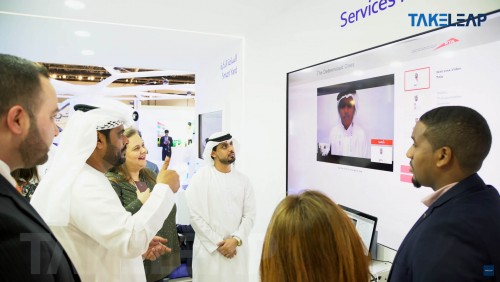

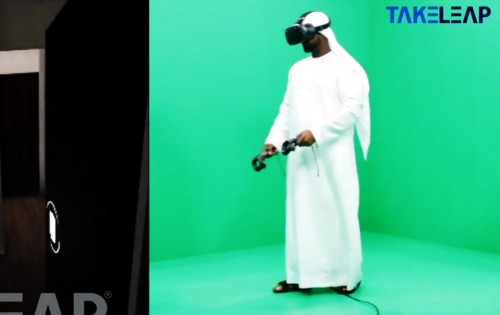
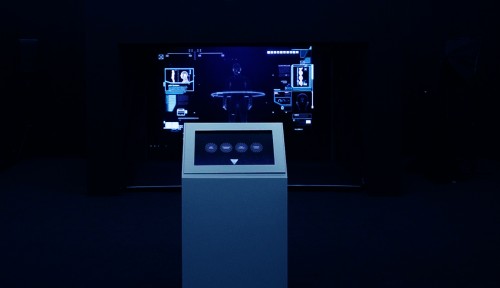
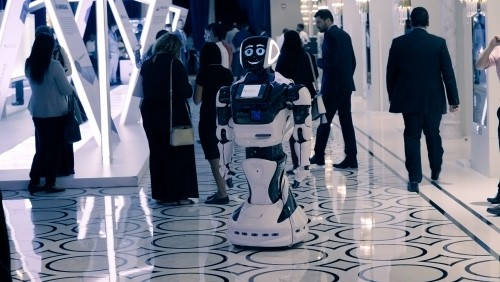
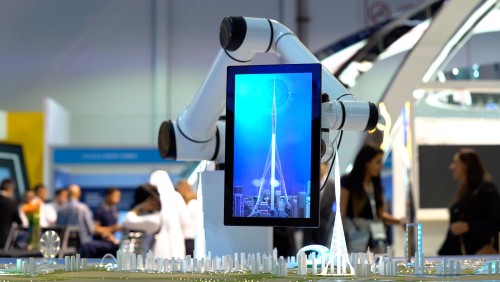

 Call
Call
 Mail
Mail